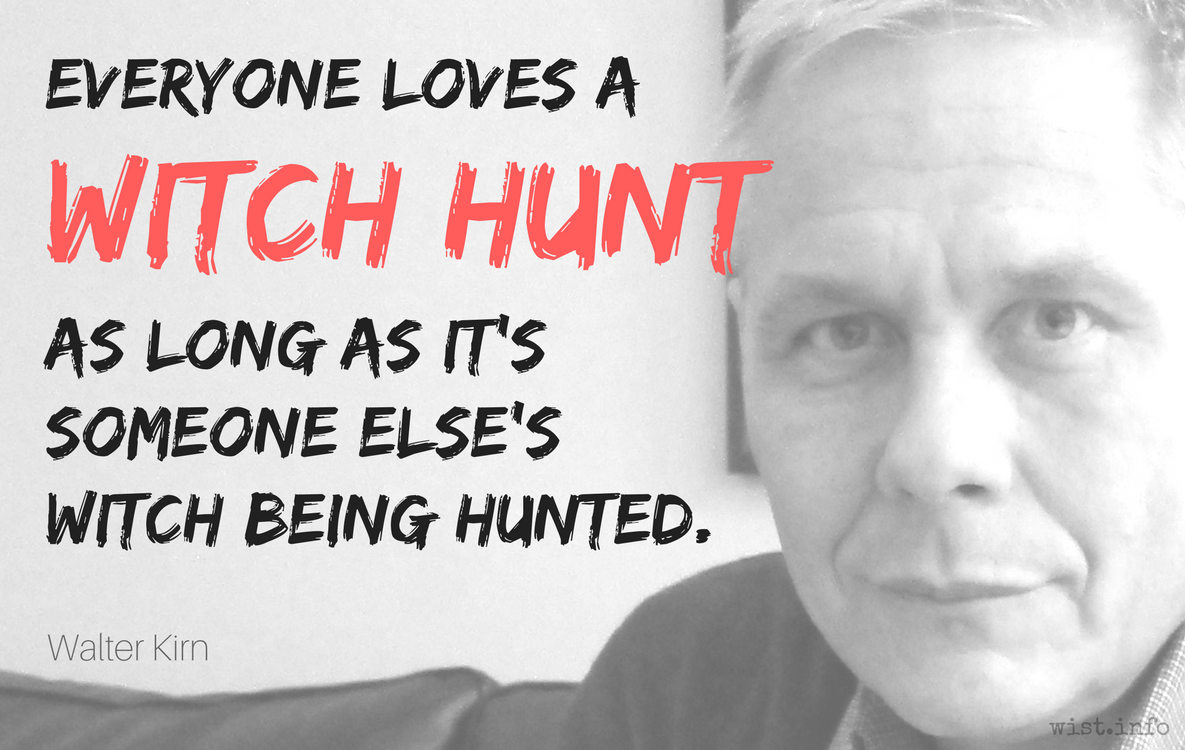So much to win, so much to lose,
No marvel that I fear to choose.Letitia Elizabeth Landon (1802-1838) English poet and novelist [a/k/a L.E.L.]
“The Golden Violet” (1827)
(Source)
Quotations about:
stakes
Note not all quotations have been tagged, so Search may find additional quotes on this topic.
We learned once for all that compromise makes a good umbrella, but a poor roof. It is a temporary expedient, often wise in party politics, almost sure to be unwise in statesmanship.
James Russell Lowell (1819-1891) American diplomat, essayist, poet
“Democracy,” speech, Birmingham, England (6 Oct 1884)
(Source)
On becoming President of the Birmingham and Midland Institute. Speaking of the years leading up to the US Civil War, with the unsuccessful application of compromise "to a question of fundamental morals" (slavery).
If you aren’t at the table, you’re on the menu.
Ann Richards (1933-2006) American politician [Dorothy Ann Willis Richards]
(Attributed)
Richards regularly used the phrase, but it's unclear if she originated it. See here for more discussion.
Everyone loves a witch hunt as long as it’s someone else’s witch being hunted.
You have deeply ventured;
But all must do so who would greatly win.George Gordon, Lord Byron (1788-1824) English poet
Marino Faliero, Doge of Venice, Act 1, sc. 1 [Doge] (1821)
(Source)
Remembering that I’ll be dead soon is the most important tool I’ve ever encountered to help me make the big choices in life. Because almost everything — all external expectations, all pride, all fear of embarrassment or failure — these things just fall away in the face of death, leaving only what is truly important. Remembering that you are going to die is the best way I know to avoid the trap of thinking you have something to lose.
Steve Jobs (1955-2011) American computer inventor, entrepreneur
Commencement Address, Stanford University (2005)
(Source)
The chessboard is the world; the pieces are the are the phenomena of the universe; the rules of the game are what we call the laws of Nature. The player on the other side is hidden from us. We know that his play is always fair, just, and patient. But also we know, to our cost, that he never overlooks a mistake, or makes the smallest allowance for ignorance. To the man who plays well, the highest stakes are paid, with that sort of overflowing generosity with which the strong shows delight in strength. And one who plays ill is checkmated — without haste, but without remorse.
T. H. Huxley (1825-1895) English biologist [Thomas Henry Huxley]
“A Liberal Education and Where to Find It” (1868)
(Source)
Everything matters more than we think it does, and, at the same time, nothing matters so much as we think it does. The merest spark may set all Europe in a blaze, but though all Europe be set in a blaze twenty times over, the world will wag itself right again.
Samuel Butler (1835-1902) English novelist, satirist, scholar
The Note-Books of Samuel Butler, “Sparks” (1912)
(Source)
Never contend with a Man who has nothing to Lose.
[No empeñarse con quien no tiene qué perder.]
Baltasar Gracián y Morales (1601-1658) Spanish Jesuit priest, writer, philosopher
The Art of Worldly Wisdom [Oráculo Manual y Arte de Prudencia], § 172 (1647) [tr. Jacobs (1892)]
(Source)
(Source (Spanish)). Alternate translations:
Never to engage with him that hath nothing to lose.
[Flesher ed. (1685)]
Do not engage with him who has nothing to lose.
[tr. Fischer (1937)]
Never compete with someone who has nothing to lose.
[tr. Maurer (1992)]
Every difference of opinion is not a difference of principle.
Thomas Jefferson (1743-1826) American political philosopher, polymath, statesman, US President (1801-09)
Inaugural Address (4 Mar 1801)
(Source)
The politics of the university are so intense because the stakes are so low.
Wallace Sayre (1905-1972) U.S. political scientist, academic
Sayre’s Third Law
One of several formulations of the same sentiment, which has also been attributed to Richard Neustadt, Jesse Unruh, Henry Kissinger ("University politics are vicious precisely because the stakes are so small"), Charles Philip Issawi ("In any dispute the intensity of feeling is inversely proportional to the value of the issues at stake. That is why academic politics are so bitter"), Lawrence Peter, C.P. Snow, and others, with antecedents by Samuel Johnson and Woodrow Wilson. Most of the attributions come in the early-mid 1970s, though Herbert Kaufman, a colleague, claimed Sayres had used the phrase for decades.
See also Quote Investigator, Quote Verifier, and Wikipedia for more discussion.














